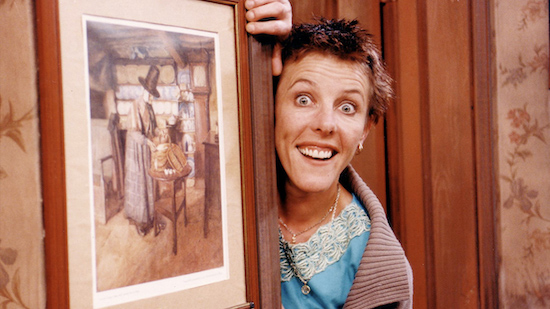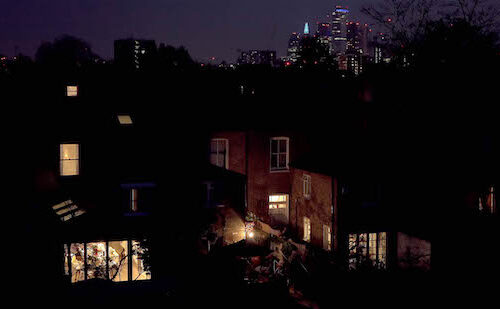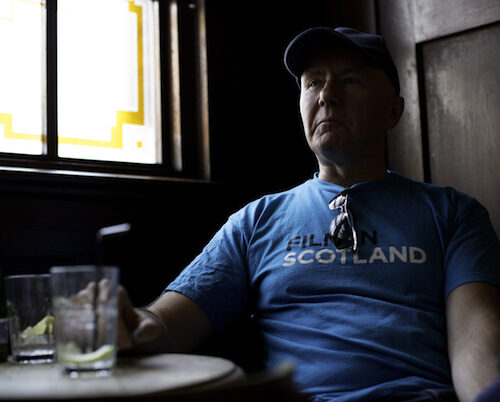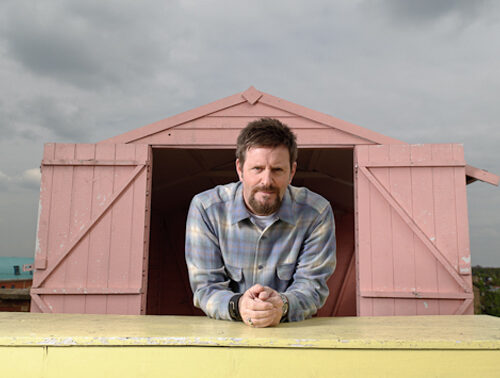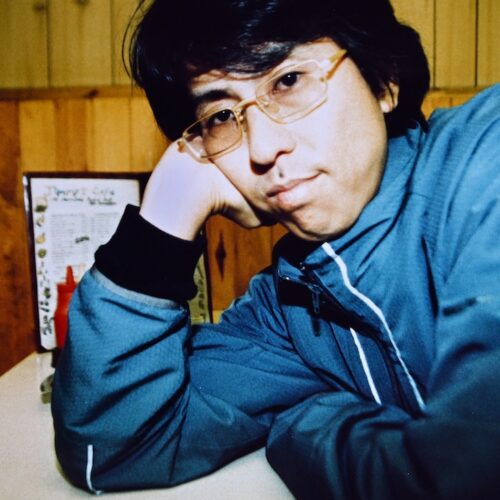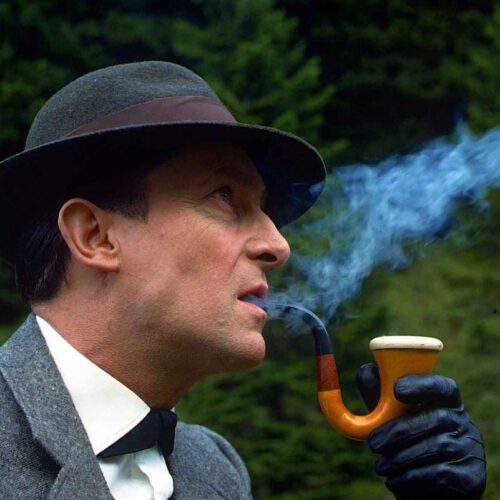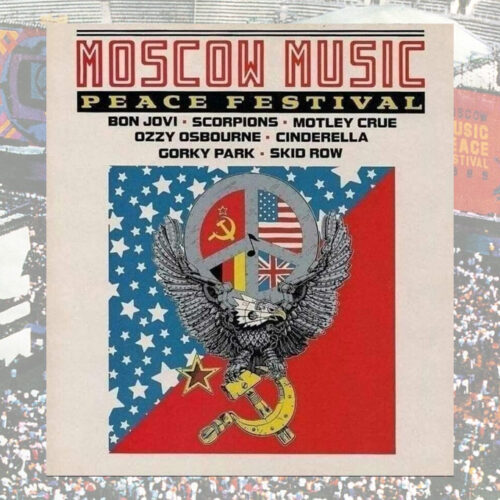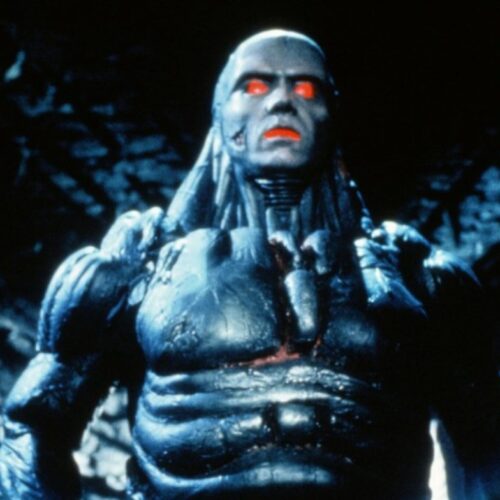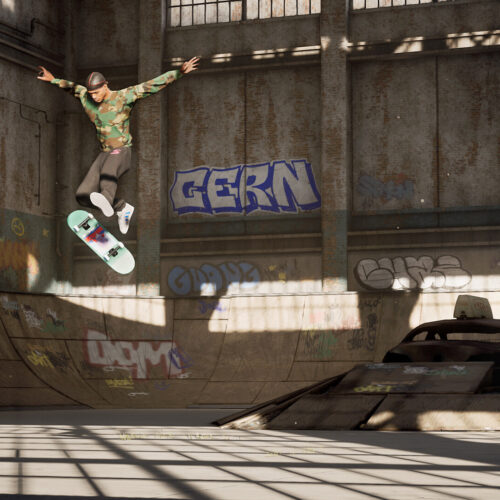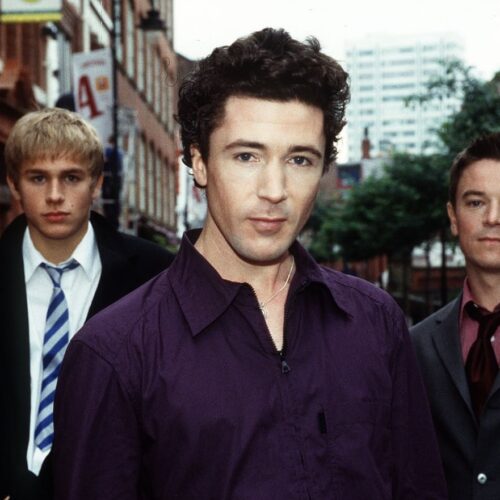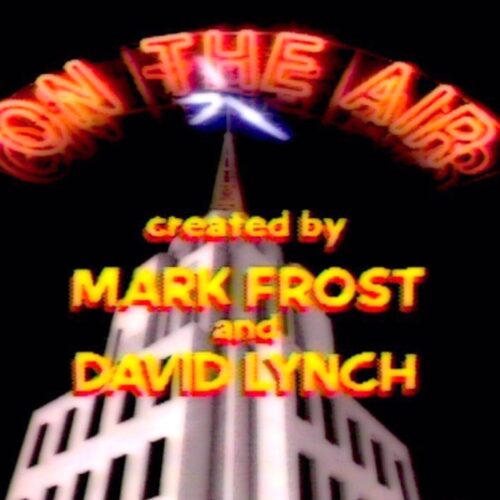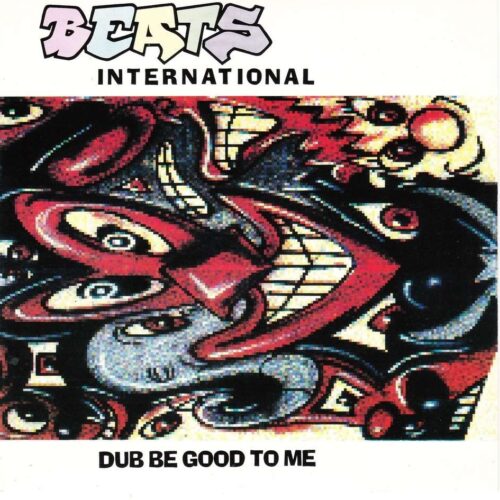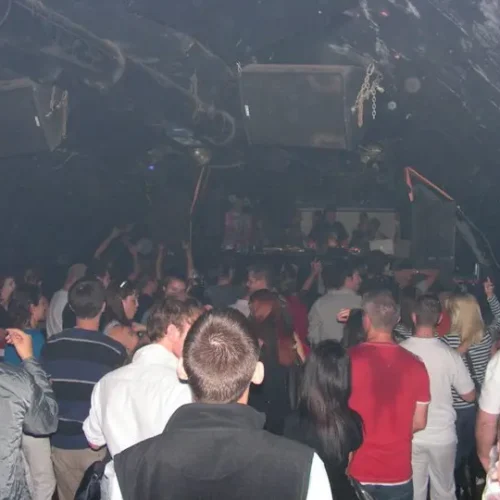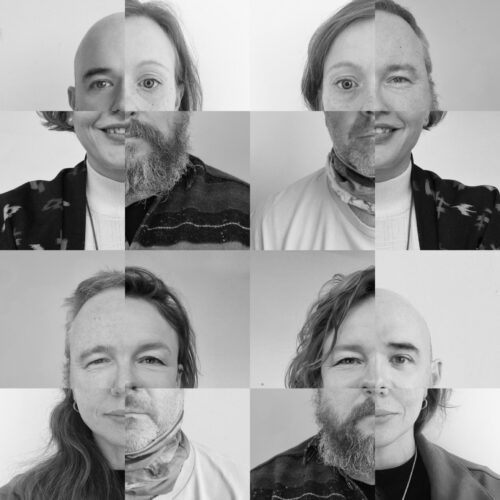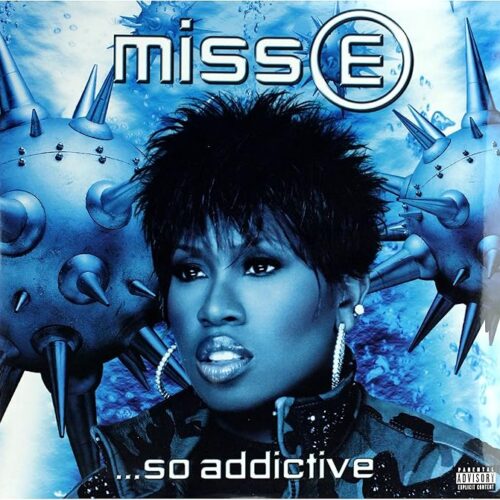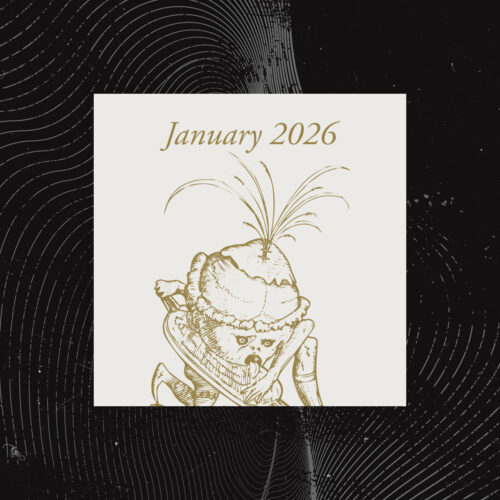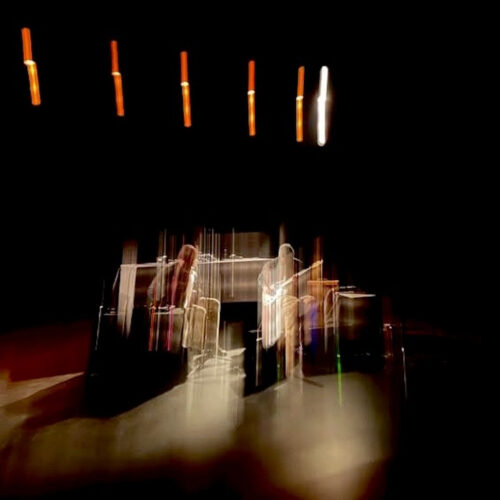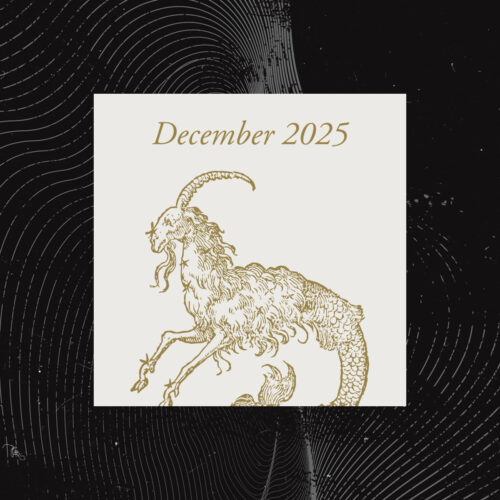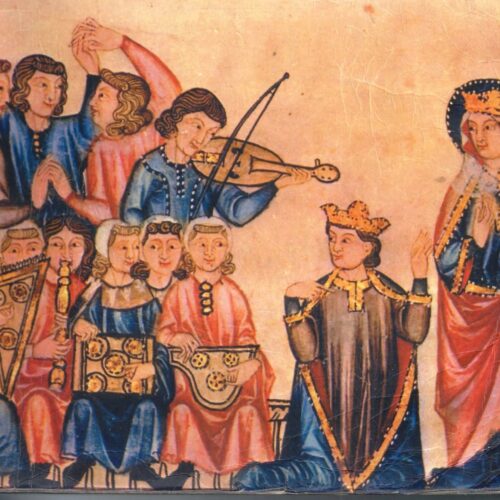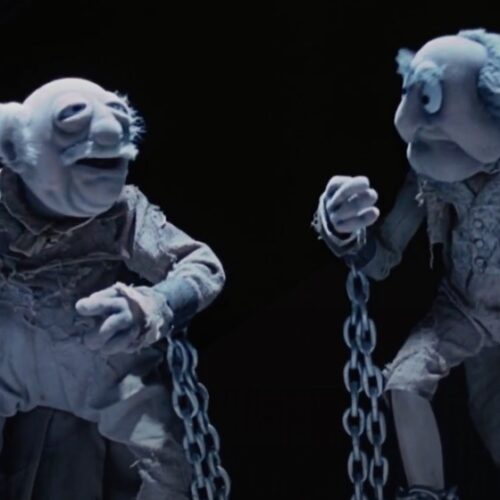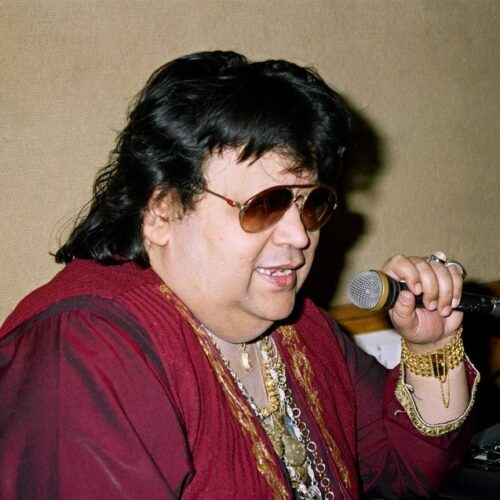The duality of the South Wales Valleys is particularly hard to define. On the one hand, the area has been gutted by a ruthless motorcade of Thatcherism, neoliberalism and austerity, leaving a gulf of opportunity filled mostly by military propaganda and alcoholism. Besides the benefits of a much greener landscape as nature reclaims the sites of former collieries, not much has changed since the 80s. People’s sense of possibility is shot, child poverty is through the roof and local infrastructure is so bad you still can’t get from Merthyr Tydfil to Cardiff (two major commercial hubs) without answering Transport for Wales’ riddles three. On the other hand, it’s probably the funniest place on earth. There is a warmth and surrealism to daily life that doesn’t square with the Ken Loach-ification of working-class narratives. When my late grandpa – Elvis rest his soul – got so drunk that the landlady confiscated his car keys and, rather than sleeping it off, he simply stole a horse from a nearby field, rode it home and tied it up in the garden for my nan to deal with in the morning, it was not considered "sad". Annoying, yes, but never sad. Placed in an eternal quandary of "if you don’t laugh, you’ll cry", the Valleys has consistently opted to laugh. To this day, nothing has captured that spirit quite like Satellite City.
Satellite City was a sitcom that ran on BBC Wales between 1995 and 1999. Set in an imaginary town in the Rhondda, the plot follows the Price family – Gwynn (played by Boyd Clack, who co-wrote the series), his wife Moira (Ri Richards) and father Idris (Islwyn Morris) – whose lives take a new turn after their lodger, "English Stan", dies, and is replaced by an American called Randy who has travelled to the area as part of his PhD in Celtic Mysticism and Welsh Culture. Gwynn is a manic depressive and Moira is addicted to "tablets" (unspecified). Meanwhile, Idris and Randy enter an anti-odd couple dynamic as two childlike optimists who put the world to rights during late night conversations, even though one is a bit dim (or, as Moira puts it, "insane, mun") and the other is an intellectual. I should also clarify that they platonically share the same bed. The Price’s don’t take in a lodger because they need the money, Idris just enjoys the company.
Though the town is fictional, the name ‘Satellite City’ is explained in the first episode: the district was used for the initial testing of satellite dishes, but when the time came to either start paying for them or give them back, nobody did either. You couldn’t get a more apt framework for a show that is, primarily, a character study of the Valleys. Within the first 10 minutes, the protagonists sit around the kitchen table hashing out cultural attitudes ("This is Wales, butt. We’re a desolate and suspicious community. We don’t say, ‘Have a nice day,’ we say, ‘Who are you looking at?’") and national pastimes ("We don’t go to art galleries and that, we drink and laugh and fight!"). From there they head to English Stan’s wake, where we’re introduced to the rest of the characters: Dai, a feverishly divorced pub landlord, and two young women called Mandy and Bridget, who dress like 80s backing dancers and have a dynamic akin to those girls that

